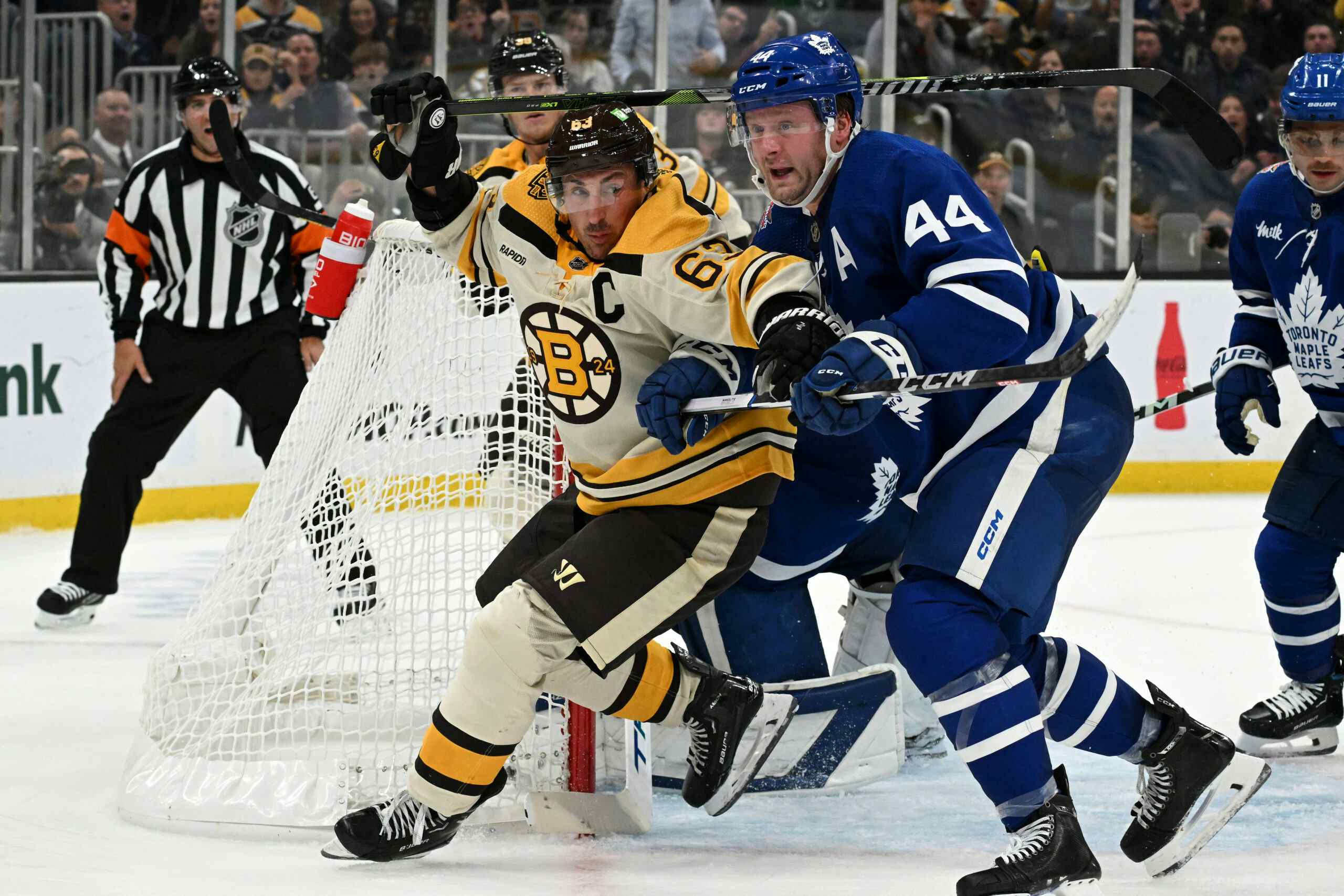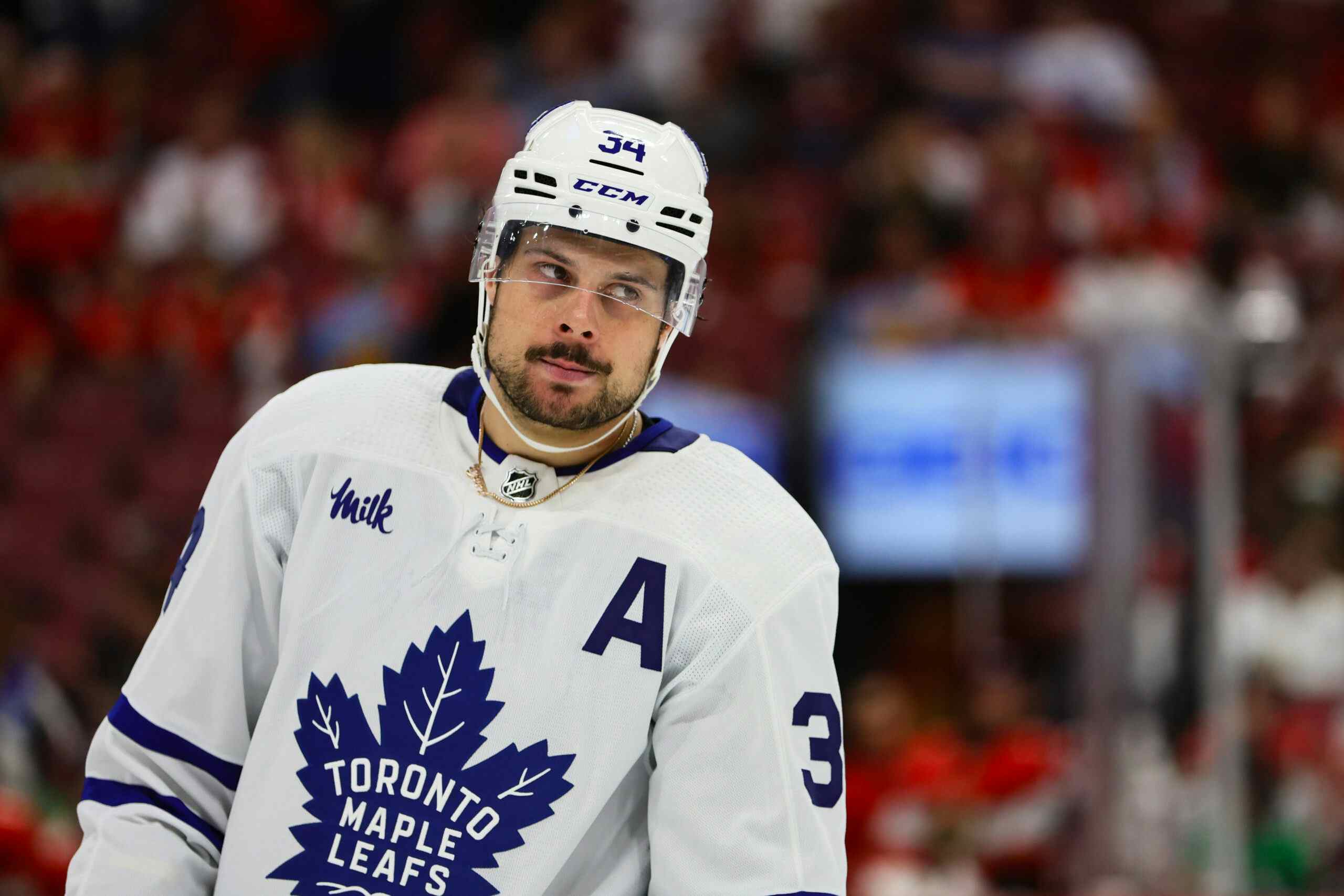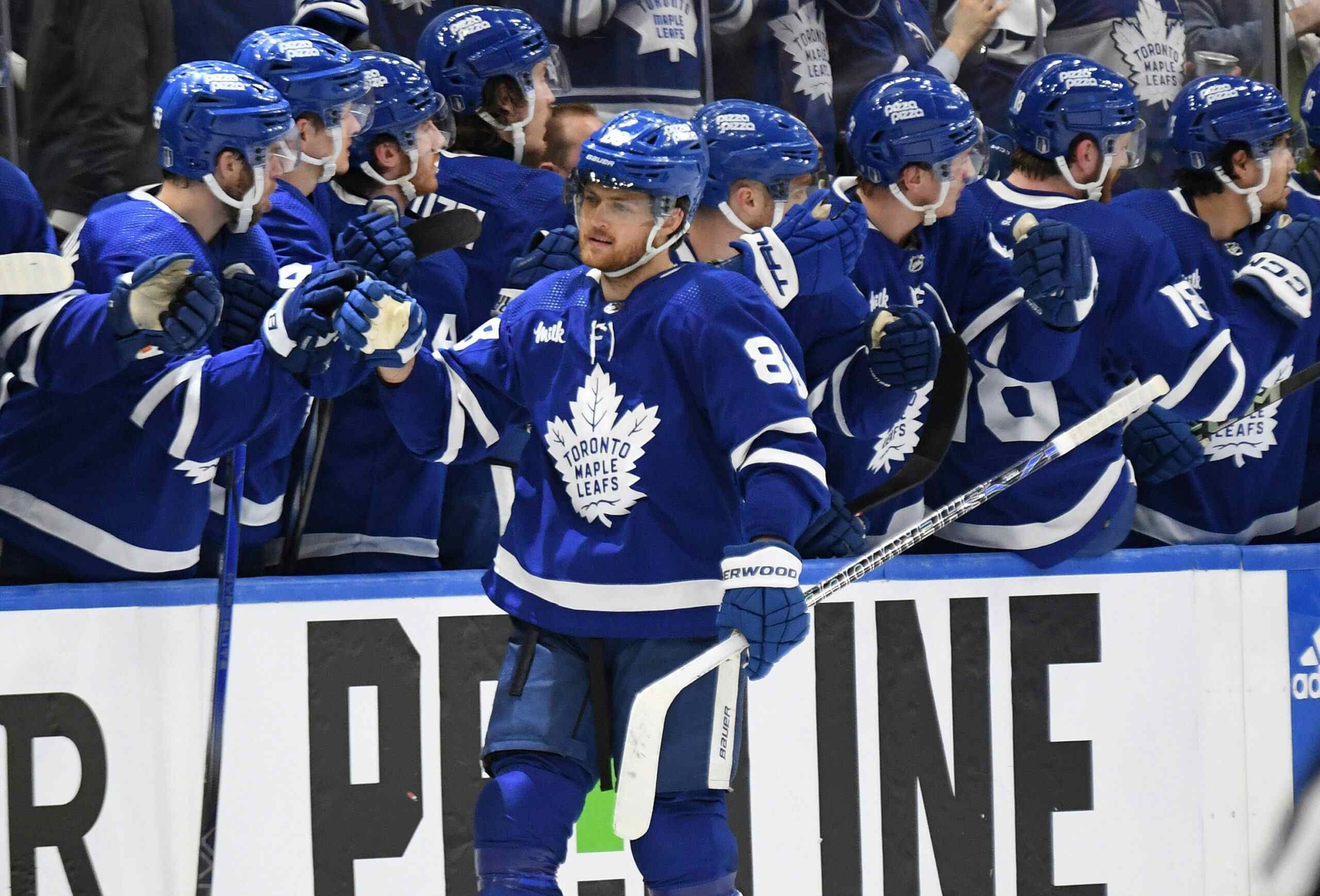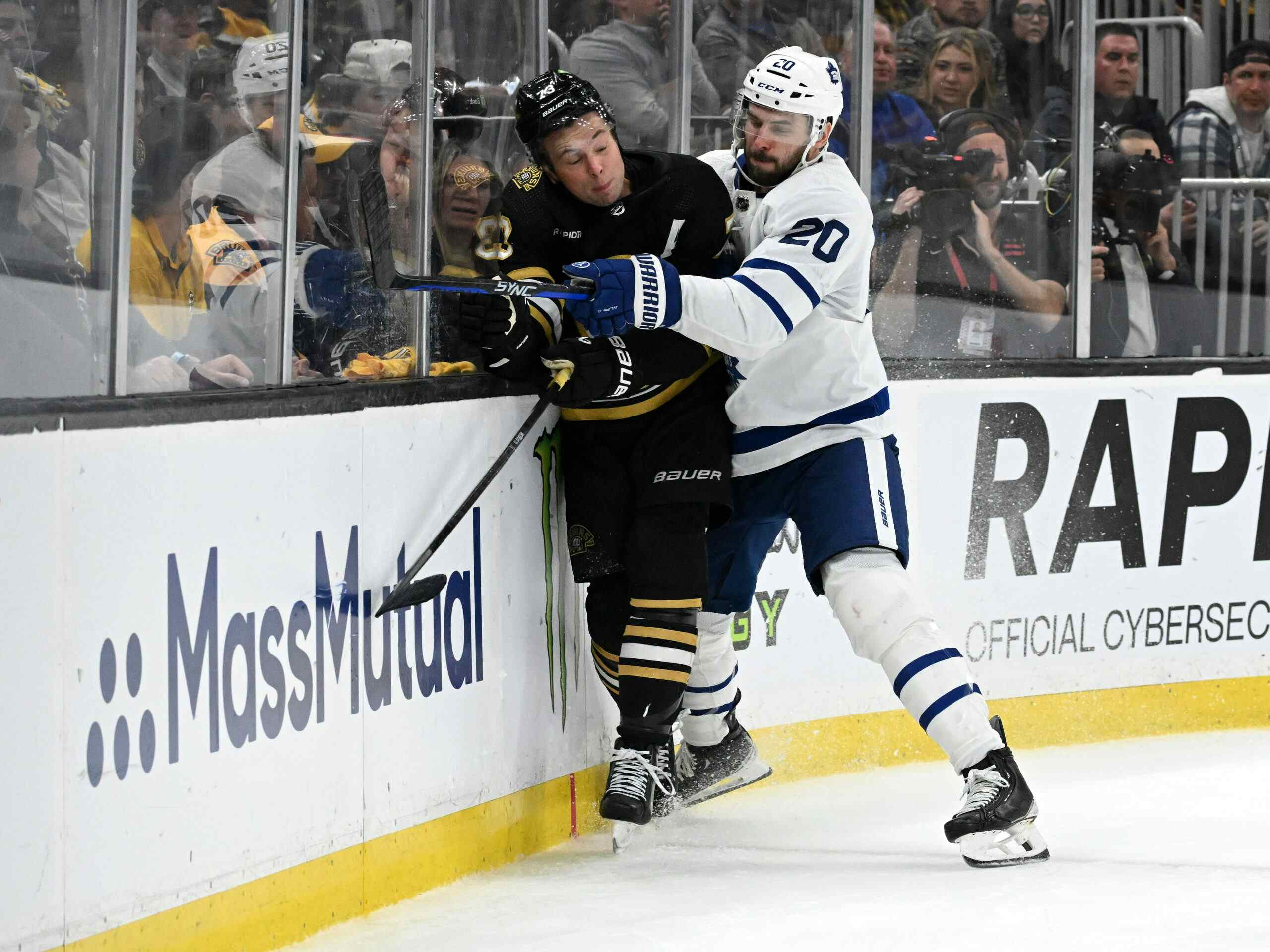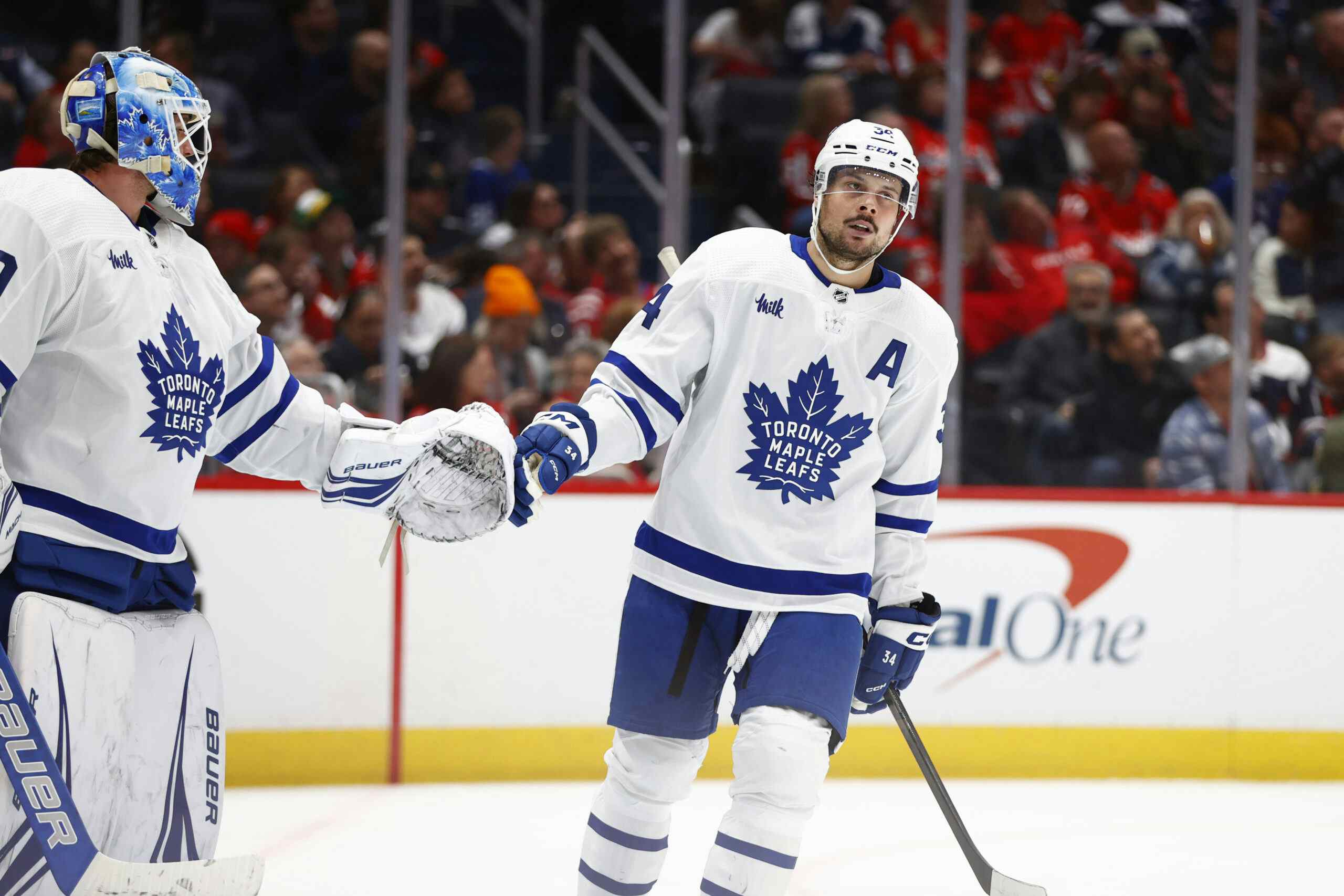Explain This To Me: Using Goaltenders on Back-to-Backs
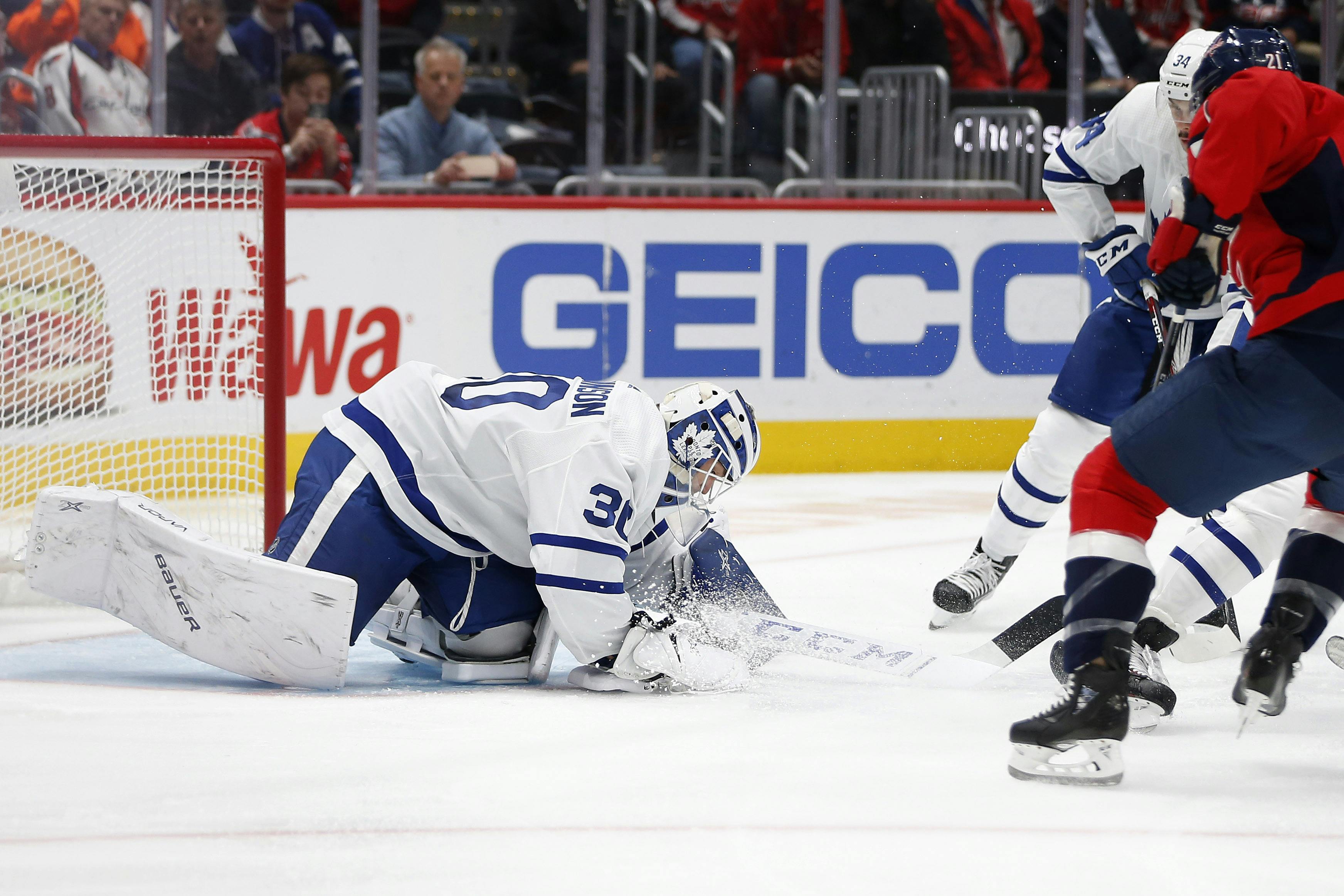
I’m a simple man. I have simple takes. I love hockey, and like to think I know a fair bit about it, but I’m also not blind to the countless scores of people out there who happen to know more. Way more. Just open up Twitter. You’ll find them. Heck, you’re probably one yourself.
Applying this to a decidedly complex sport like hockey, then, creates a dilemma. What does a simple man like myself do when facing a question that, in theory, should offer an easy answer but doesn’t?
He turns to those who are smarter than him, of course!
This, my friends, is exactly what “Explain This To Me” is for; looking at the more debatable facets of hockey, outlining my view on them, and then opening the floor up to the sport’s more intellectually-inclined in order to gain a better understanding.
Knowledge is power, people. We’re all here to learn together.
This week’s conundrum is a timely one: if a team enters a back-to-back stretch in which they play a comparatively weaker opponent on the first night and a stronger opponent on the second, would it not make sense for them to start their better goaltender against the better team to even the playing field? Or, would locking down the “easier” two points on night one with their starter be the objectively better way to go?
Let’s discuss.
My Take
Either side of this argument is certainly worthwhile.
On one end, hockey is a game of odds. Each outcome is so inherently unpredictable, and subject to such a high number of variables, that gaining every conceivable advantage before the puck can even drop should be a coach’s first priority. Why wouldn’t it? In the NHL, the standings are determined by points. If the opportunity to guarantee two of them presents itself to you, you friggin’ take it– even if that means trotting out your starter against a Junior B team like, I dunno, the Minnesota Wild.
That being said, Herm Edwards has a point. “You play to win the game”. That’s what this whole rubber-slapping-on-ice endeavour is about, right? Winning? Or, at the very least, giving yourself the best chance to win? And when thinking about starting Michael Hutchinson on the road, behind a tired lineup, and against the Boston Bruins, I just can’t see it as the Leafs “playing to win the game”.
A ritualistic sacrifice? Maybe. But don’t tell me that’s their optimal lineup. It’s not.
Mike Babcock, of course, seems to think a little differently. In his eyes, Frederik Andersen should start the first half of any back-to-back, opponent be damned. Why? Because the math says so, that’s why. Who are we to argue with numbers?
“Imagine if you lose game one and then went to game two tired…” mused Babcock yesterday morning, defending his goalie rotation choices in an exasperated tone. Truly, folks, can you imagine?
*Pierre McGuire voice* I can!
You see, Andersen did draw the start last night on the first half of a back-to-back, with Babcock sending out his number one to face Columbus (who are bad) while leaving Boston (who are good) for Hutchinson to tackle. The Blue Jackets left Toronto with a 4-3 victory.
To travel down Babcock’s own line of thinking, then, the Leafs literally did lose game one — failing to capture those supposedly guaranteed two points — and are now, again, literally heading into game two tired. Imagine that.
Of course, the situation is not that cut-and-dry. Would the Leafs have suffered the exact same fate, if not worse, had they started Hutchinson? Yes. Almost certainly. He’s not a good goalie. But that’s kind of the point here.
Playing their better netminder (Andersen) against the weaker opponent (Columbus) ultimately made little difference in the overall outcome aside from now forcing the Leafs to rely upon a 29-year-old with a .886 save percentage and a penchant for blowing third-period leads to help them stop a divisional rival from gaining valuable leverage in the standings.
That leverage, by the way, is pretty important.
Remember; the Leafs and Bruins are destined by the Gods above to meet in the first round for the third straight year. Their previous two clashes seemed to favour the team holding home-ice advantage (SPOILER: not the Leafs). Naturally, making sure that Part Three begins in Toronto this year is the unquestioned priority number one.
Unfortunately, that’s going to be easier said than done. With the top of the Atlantic as tight as ever this year and the Leafs already off to an underwhelming start, time is running out. Every divisional matchup holds extra weight, which should mean that saving the big guns for those contests makes the most sense.
Then again, that’s the opinion of a simple man.
Explain This To Me
Well, you’ve heard my piece. Am I wrong? Do you have a better idea? Is there some big piece of data or logic that I’m missing here? Let me know in the comment section down below. That way, we can all learn together.
Recent articles from Mike Stephens

